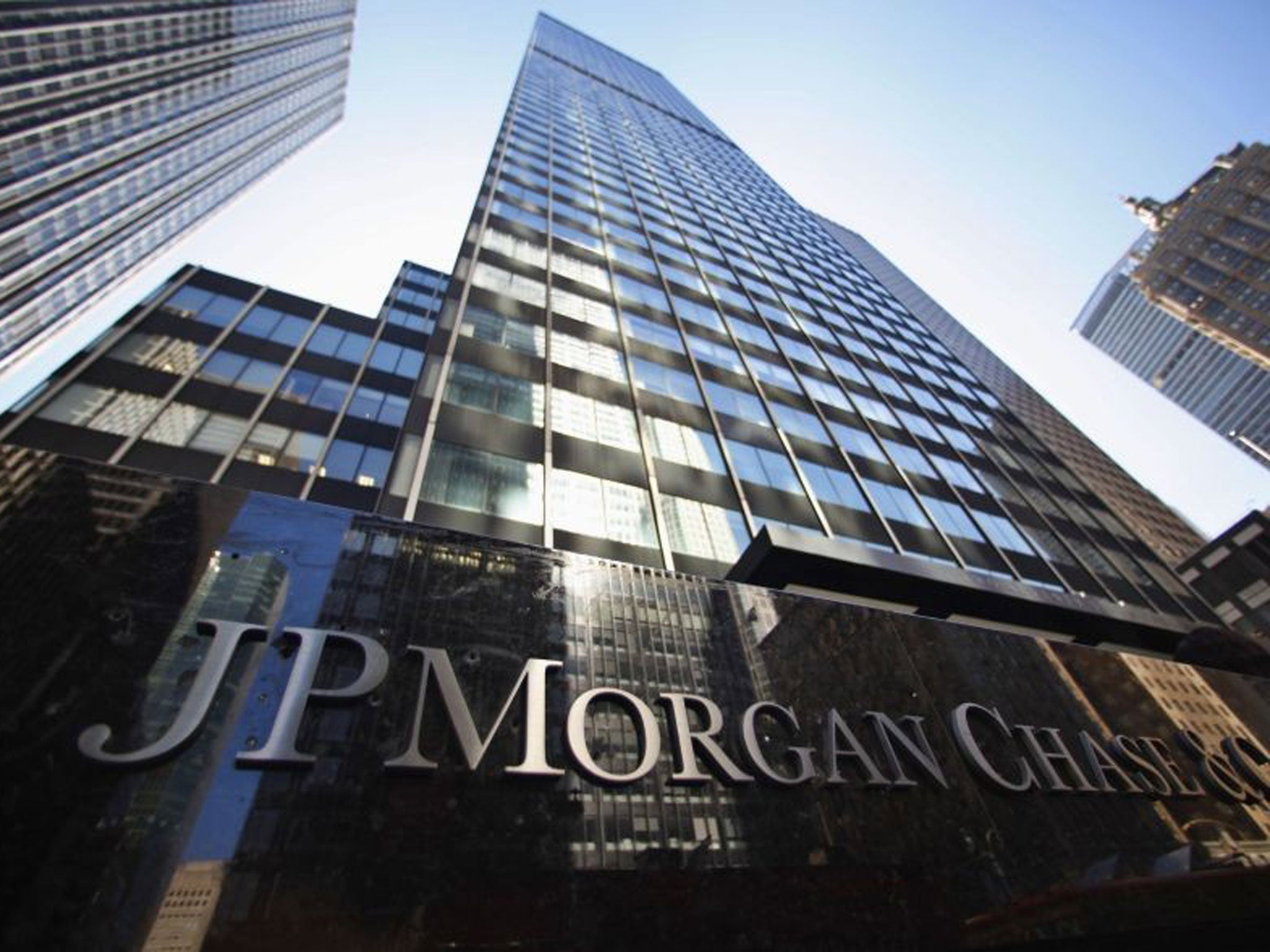Top watchdog lashed for severe blunders over botched monitoring of JPMorgan's 'London Whale' trader
New York Federal Reserve knew the bank’s London office was running up massive risks in its credit derivatives trades as early as 2008 but failed to act

The most powerful regulator in America was thrown into ever deeper turmoil after suffering its second round of accusations of major blunders in less than a month – this time over its botched monitoring of JPMorgan’s “London Whale” trader.
The report found the New York Federal Reserve – the watchdog over Wall Street – knew the bank’s London office was running up massive risks in its credit derivatives trades as early as 2008 but failed to act. When the so-called Whale’s exposure blew up, it cost JPMorgan – or its shareholders – $6bn.
Bruno Iksil – who as well as the Whale was also known in London as Voldemort for the outlandish size of his derivatives trades – built up huge losses by betting badly on the creditworthiness of big companies.
According to the Federal Reserve’s inspector general, which investigates the activities of the various Fed branches around the country, the New York Fed spotted the risks Mr Iksil’s department had been taking four years before the losses erupted. Yet it failed to carry out two planned inspections.
“As a result, there was a missed opportunity” to spot and prevent the ensuing crisis, the inspector general’s report said.
The New York Fed should have at least discussed its concerns with the national bank regulator, the Office of the Comptroller of the Currency, but it failed to do so.
As well as the losses from Mr Iksil’s trading, JPMorgan was also given record fines for its lax controls that allowed the scandal to occur.
The humiliating report comes shortly after a whistleblower claimed the New York Fed was too concerned about retaining a close relationship to the big Wall Street firms it was supposed to be regulating.
Carmen Segarra claims she was fired after complaining the regulator was not doing enough to take on Goldman Sachs over a controversial deal it was plotting with Banco Santander.
She covertly recorded meetings highlighting what appears to be the Fed branch’s desire to remain cosy with Goldman’s dealmakers.
Mark Williams, a former Fed bank examiner who is now a lecturer at Boston University’s School of Management, told Bloomberg that the Fed’s failure on JPMorgan was disturbing because “risk identification without follow up is the equivalent of a fireman seeing a fire but not acting on it”.
Neither JPMorgan nor the New York Fed had an immediate response to the inspector general’s report.
Subscribe to Independent Premium to bookmark this article
Want to bookmark your favourite articles and stories to read or reference later? Start your Independent Premium subscription today.

Join our commenting forum
Join thought-provoking conversations, follow other Independent readers and see their replies